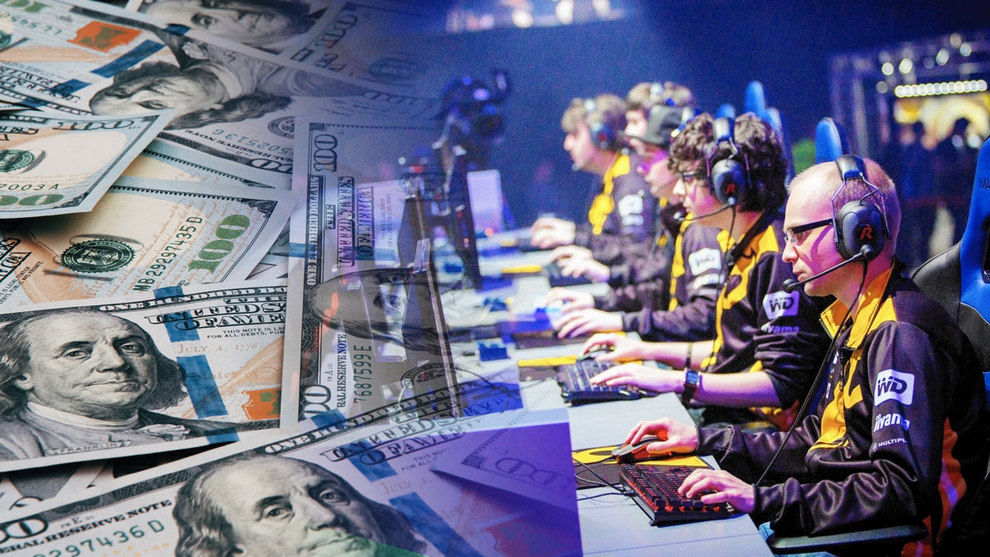How often have you heard promises of 100 per cent winning sports predictions? And how can you distinguish real analysis from empty promises? Everyone, whether novice or professional, faces the same problem – how to find a really worthwhile prediction. Let’s find out what criteria make calculations reliable, what mistakes should not be made and what really affects the outcome of a sporting event.
What is a winning sports prediction: dispelling myths and revealing the truth
The criteria of a winning sports prediction are not just “insider information” or the opinion of a punter with one year of experience. It is a comprehensive analysis of statistics, understanding of odds and, most importantly, in-depth knowledge of a particular sport. A few important criteria that will help highlight a quality calculation:

- Analysing statistics. For example, the attacking ratio in football, the average number of goals scored, statistics of past meetings are all critical. Statistics of past matches show not only the current state of the team, but also its psychological readiness. In 2019, Liverpool was able to bounce back against Barcelona after a 0:3 defeat thanks to accurate analyses and the psychological readiness of the team.
- A proper understanding of odds are not just numbers showing a possible win. They are a direct reflection of the probability of a particular event. If the odds for a team to win are 1.5, it means that bookmakers estimate the team’s chances of winning as 66.67%. Understanding the nuances allows you to make winning sports predictions based on real probabilities.
- Knowledge about the teams and their current state. Injuries to key players, changes in the coaching staff, internal atmosphere. For example, in 2021, despite high chances, Paris Saint-Germain lost due to the absence of their leaders, which affected the overall game.
Factors for a successful prediction: from statistics to intuition
Factors include not only statistics, but also more subtle aspects such as fitness, weather conditions and even team motivation. Imagine that Manchester United is playing at their home stadium, but the motivation of the athletes is at zero due to internal conflict. In this case, even perfect conditions will not help them win the match.
Sometimes intuition also plays its role. There are times when teams seemingly have no chance, but the spirit of competition and the desire to prove their power turn everything upside down.
How to distinguish a winning sports prediction from a losing one: instructions from experts
 Many have encountered promises that in reality turned out to be nothing more than traps. To understand whether an analysis is really worth the trust, you need to consider the nuances:
Many have encountered promises that in reality turned out to be nothing more than traps. To understand whether an analysis is really worth the trust, you need to consider the nuances:
- Success Story. A good predictor always has a success story that can be verified. For example, professional punters often publish statistics of their predictions. If a privateer has 80% successful forecasts for the last six months, this is an indicator of quality. But if there are no such statistics, then you are most likely just a marketing ploy.
- Market and odds analysis. Sports predictions should be based on market analysis. If a punter offers to bet on an event with obviously low odds, it may be a signal that the prediction is unfounded. A good example is the match between Real Madrid and Barcelona, where most privateers offered to bet on Real Madrid’s victory with odds of 1.3, although the actual probability of such an outcome was much lower.
- Case studies. In 2020, when the world of sports underwent changes due to the pandemic, many people started offering accurate match predictions, although there was no real data to analyse. Meetings were held without spectators, which affected the motivation of teams. In such conditions, it was at least questionable to talk about accuracy.
Reliable sports predictions: what to pay attention to when choosing winning calculations
Reliable solutions are built on the basis of analytics and experience. A few factors to consider:
- Reputation of the privateer. Before trusting predictions, research the reputation of the punter. For example, well-known privateers such as Joe Osborne or Kelly Stewart have a proven track record of successful sports prediction based on real data and in-depth statistical analyses.
- Analytical Skills. Effective predictions are those that take into account a lot of data: statistics, team condition, weather conditions, changes in the squad. For example, if a privateer has taken into account the weather and realised that it will rain on the pitch, which in turn will reduce the efficiency of a club specialising in speed play, then such a forecast can be considered more reliable.
- Feedback from other players. This is just as important as analysing the data. Many users leave their feedback on the calculations, and if a privateer has earned the trust of a large number of people, it is a good sign.
Effective analyses need to be used correctly. It is better to avoid betting large sums on a single event, but to split bets into several smaller bets with different odds. This will reduce the risks and make your sports predictions more likely to win.
Conclusion
 What are the winning sports predictions? Those that are based on analysis, take into account many factors and are always based on real data. This is not only about choosing the right bet, but also understanding all the nuances of the sport, in-depth analysis and a bit of intuition.
What are the winning sports predictions? Those that are based on analysis, take into account many factors and are always based on real data. This is not only about choosing the right bet, but also understanding all the nuances of the sport, in-depth analysis and a bit of intuition.

Try your knowledge in practice, choosing calculations consciously and taking into account all the factors mentioned above. With the right strategy, everyone can succeed, because sports betting is not only a gamble, but also an exact science.
 en
en  de
de  ar
ar  es
es  nl
nl  hi
hi  fr
fr  it
it  pt
pt  el
el 









